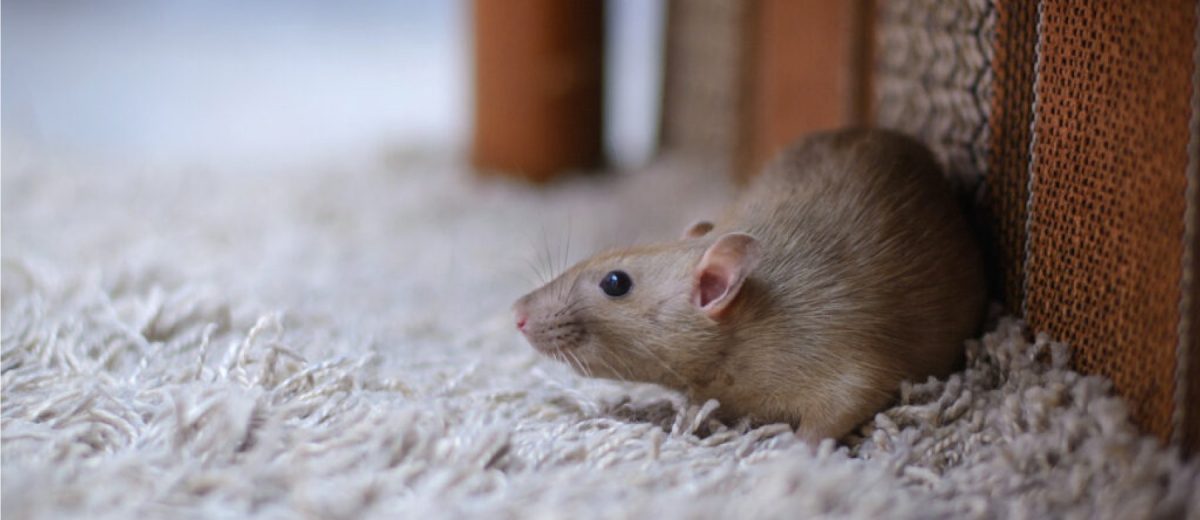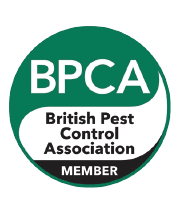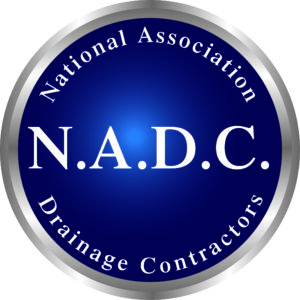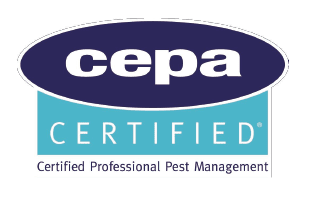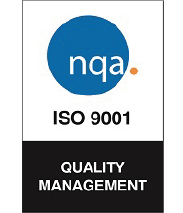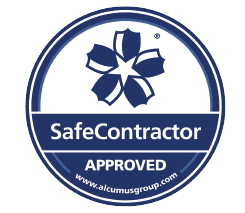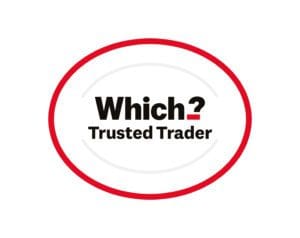In the UK there are four species of rodents which can be commonly found within homes and gardens: the House Mouse, Wood Mouse, Yellow-Necked Mouse and Brown Rat. Though they can cause problems within dwellings, there are a number of humane rodent control methods we can use to keep your home safe.
What do they look like?
House Mice are small rodents (between 7-9cm) and can be found in dwellings any time of the year. They often range from light to dark brown shades and can be distinguished by their almost hairless tail. By comparison the Wood Mouse (also known as a Field Mouse) is slightly larger at 8-10cm. These are the mice most commonly found across the UK. They can be distinguished by their sandy brown fur, white or grey underside, very large ears and long tail. Wood Mice are not usually found in buildings, except during winter.
Yellow-Necked Mice are restricted to rural areas in central and southern Wales and England. They are much bigger than other species of mice, ranging from 9-12cm. Despite looking similar to Wood Mice, Yellow-Neck Mice can be distinguished by a distinctive band of yellow/orange fur around the neck area, forming a bib on the chest.
Lastly, the Brown Rat (also known as the common or sewer rat) can grow between 15-27cm. Greyish-brown in colour, they have a large, slanted head with relatively small ears and an almost hairless tail.
Humane Rodent Control
Within homes and gardens rodents are attracted to food sources and shelter. Mice and rats will eat almost anything, therefore bird seed, pet food, rubbish piles, bins and compost heaps attract these rodents. However, there are ways you can humanely deter rodents from accessing your property:
- Reduce access to food sources by clearing away crumbs, putting away pet food at night, sealing food (particularly foods like cereal, bread, pasta and dried pet foods) and ensuring bins/food containers are rodent-proof.
- Block holes with either a strong, quick-hardening sealant or mouse mesh. Caulk, rubber and plastic fillers won’t work as rodents can easily chew through them.
- Rodents are deterred by smells such as peppermint and eucalyptus, therefore by soaking cotton balls in these oils and placing them at key points (under cupboards, along work surfaces, along beams) it will help to discourage rats and mice. Remember to keep replacing the oils.
- If you feed wildlife, ensure that the food is gone by the evening as rats and mice tend to be most active at night.
- Remove harbourage that can provide shelter to rodents such as overgrown grass or bushes, wood piles or general clutter.
- As rats and mice are neophobic (a deep fear of new things or changes), move garden furniture or other objects around your garden; new obstacles will confuse and alarm rodents used to a ‘static habitat’.
What if I continue to have rodent problems?
Sometimes, despite taking all the right precautions, people continue to have problems with mice and rats. However there a plenty of non-toxic solutions that can be opted for in lieu of traditional baiting. At Beaver Pest Control, we practice Integrated Pest Management (IPM). This is a sustainable approach to managing pests by combining biological, cultural, physical and chemical tools in a way that minimises economic, health, and environmental risks.
The most effective use of a technician’s time is to provide proofing to close off entry points which stops pests from entering the premises. Quite often the access holes for mice and rats are hidden behind kitchen and bathroom units, but with the necessary expertise and tools, our specialist technicians can get to those difficult to reach holes.
Remote monitoring services such as Beaver 24/7 detect rodents quickly and efficiently by using traps connected to a network to produce alerts when there is activity. As the system rely on sensors supplemented by UV tracking dust and hotspot maps, it does not require the use of toxic baiting. This reduces potential harm to non-target species.
Mechanical Trapping
Good quality break-back traps are often considered a humane form of rodent control as it kills the pest instantly, rather than prolonging any suffering. To minimise the risk to non-target animals, where possible, livestock and pets are excluded from the trapping area and the traps are set in natural or artificial tunnels.
For further advice regarding rodents in the UK, prevention, treatments and regulations surrounding rodent control, please click here: RSPCA Living with Rats & Mice



